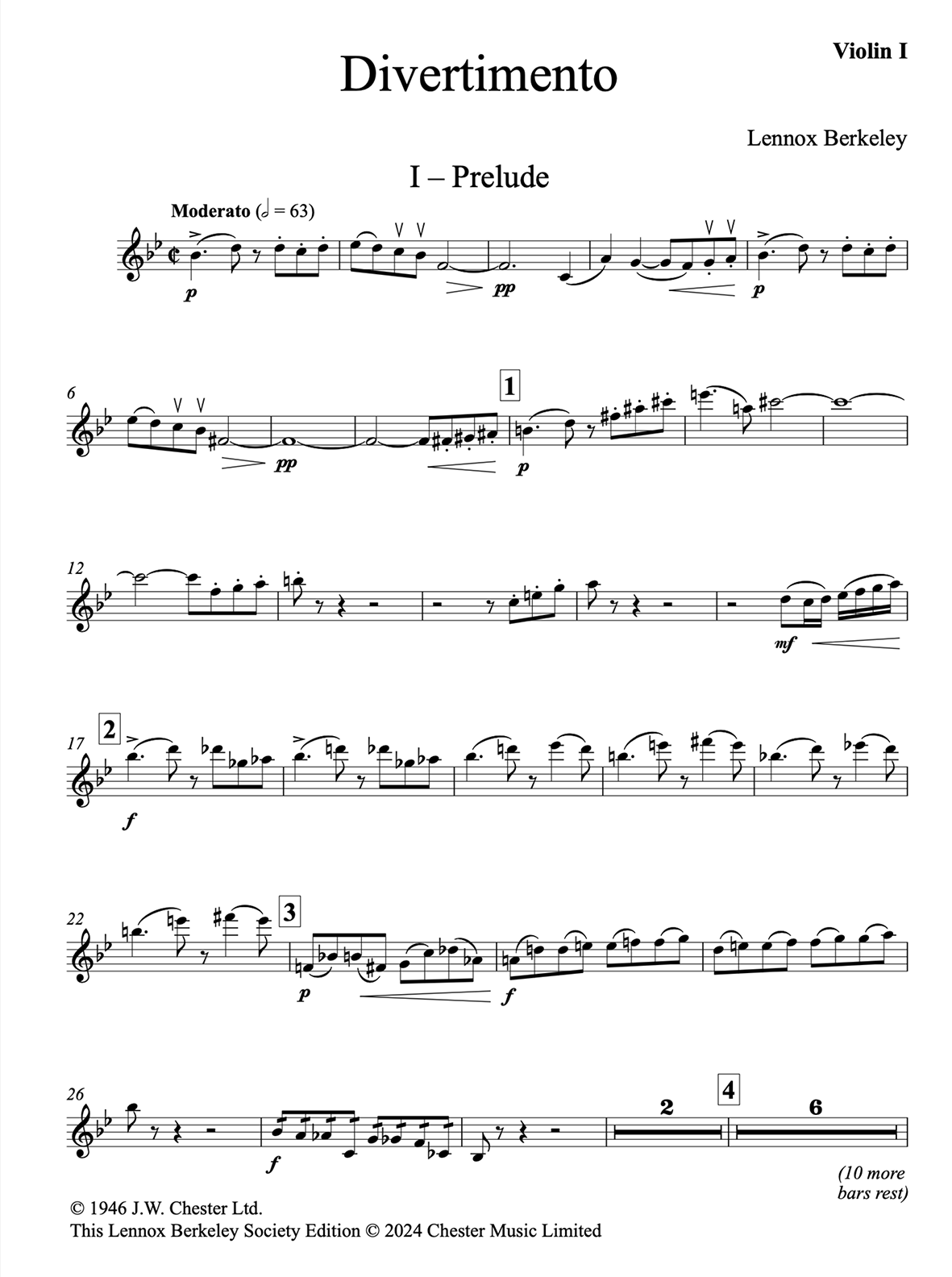The neglect of the Britten/Berkeley suite ‘Mont Juïc’
Tony Scotland argues the case for a revival of the orchestral suite, ‘Mont Juïc’, written jointly by Lennox Berkeley and Benjamin Britten.
In the spring of 1936, as Spain tottered on the brink of Civil War, Lennox Berkeley and Benjamin Britten met for the first time during the International Society for Contemporary Music Festival in Barcelona. Lennox was there with his Overture for Chamber Orchestra, Britten with his Suite for Violin and Piano, but what they both remembered most vividly were the new works by their contemporaries Berg and Bartok – and a performance in the main square of the old city where they were introduced to the quintessence of Catalan nationalism, the public dance known as the sardana. Both were bowled over – not just by the rhythms and complicated steps, but by the way everyone joined in, young and old, rich and poor, all holding hands as they danced in precise unison. For the two buttoned-up young Englishmen this example of southern egalité was as overwhelming as the music itself.
On the last day of the festival, eager for more, they took the funicular up Mont Juïc above Barcelona, for another performance of folk dancing. As they sat outside a café listening and watching, Ben pulled an old envelope from his pocket and jotted down snatches of Catalan melodies.
Holidaying together in Cornwall that summer, they were still thinking about Barcelona and the sardana, and decided to collaborate on an orchestral suite of Catalan dances based on the phrases Ben had scribbled down. After discussing the contrapuntal challenges, they each went off and wrote two movements, swearing never to divulge who wrote what – although Ben’s diary gives something of the secret away.

By the spring of 1937 the work was finished, with a slow third movement as a lament for the Civil War then tearing Spain apart. (This ‘Lento’ included a solo for the saxophone which may have been inspired by Berg’s pioneering use of the saxophone in his Violin Concerto which they had heard in Barcelona.)
Lennox and Ben finished the work by Christmas 1937 and the following January it was given its first performance by the BBC Symphony Orchestra conducted by Joseph Lewis, in a live broadcast on the Home Service – and it was dedicated to their young friend, the writer Peter Burra, whom they had met in Barcelona and who had recently been killed in a flying accident.
In 1973 Lennox himself conducted the LPO in a performance recorded by Lyrita; in 1989 Louis Frémaux recorded it for Collins Classics with the Philharmonia Orchestra; and in 2005 Steuart Bedford brought out a recording with the English Chamber Orchestra on Naxos. But Mont Juïc has never become a staple of the orchestral repertoire and it should be: it’s not only dramatic, dynamic and brilliantly orchestrated but it’s also a rare example of a collaboration between two composers. With a running-time of less than a quarter of an hour it would make a perfect opener for the Proms – perhaps with John Wilson and his Sinfonia of London, who have made such a success of Lennox’s Divertimento (and Adam’s Symphony No 3) on the new Chandos CD.